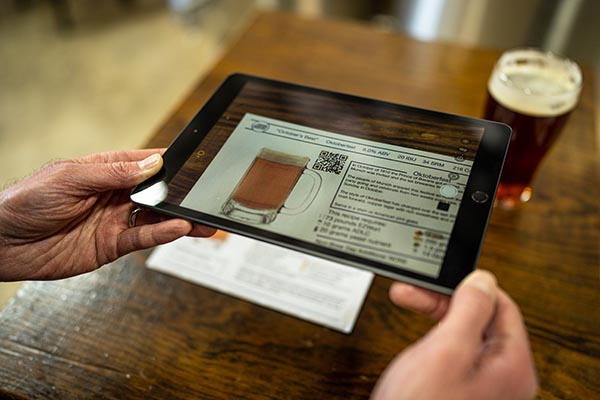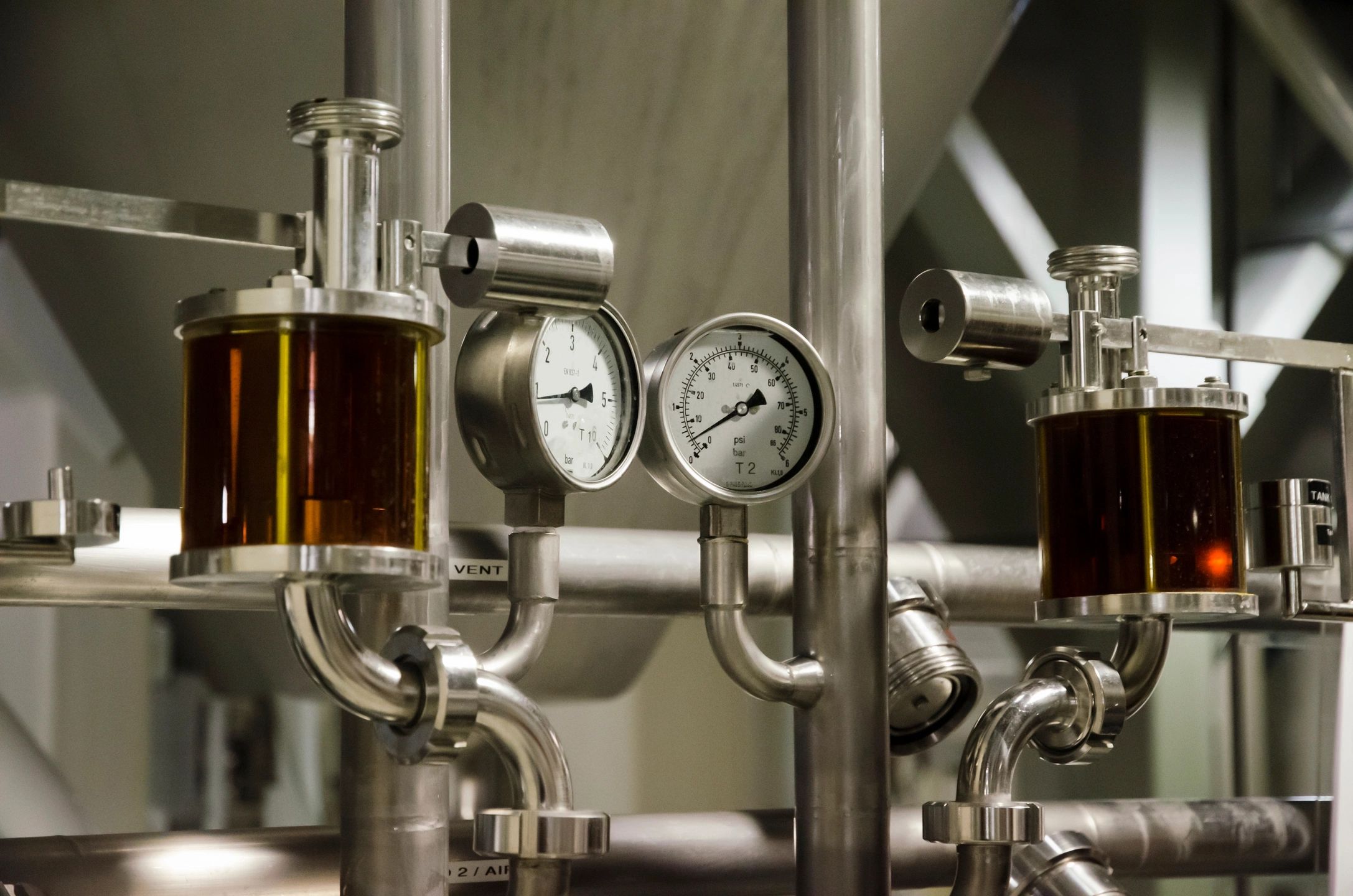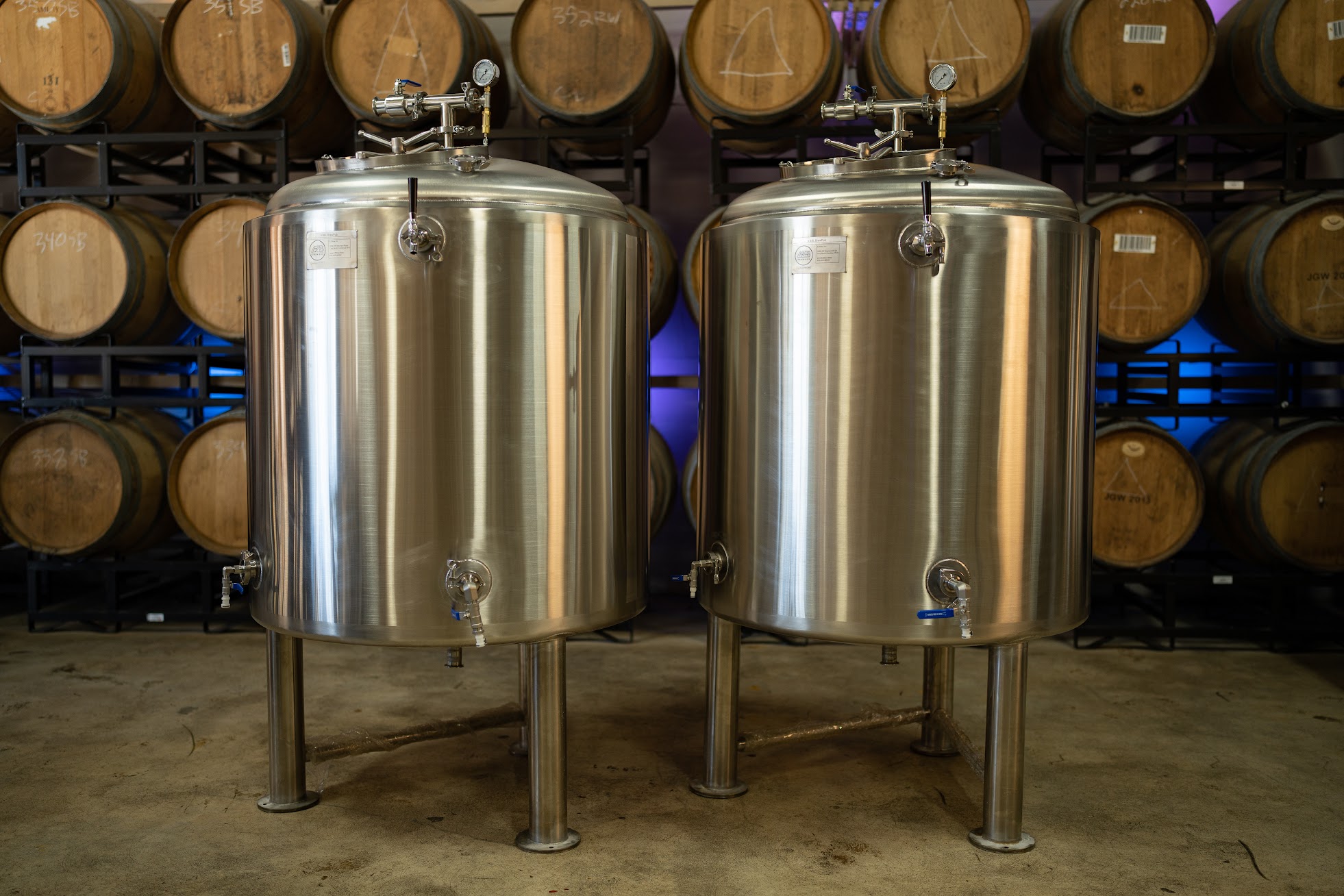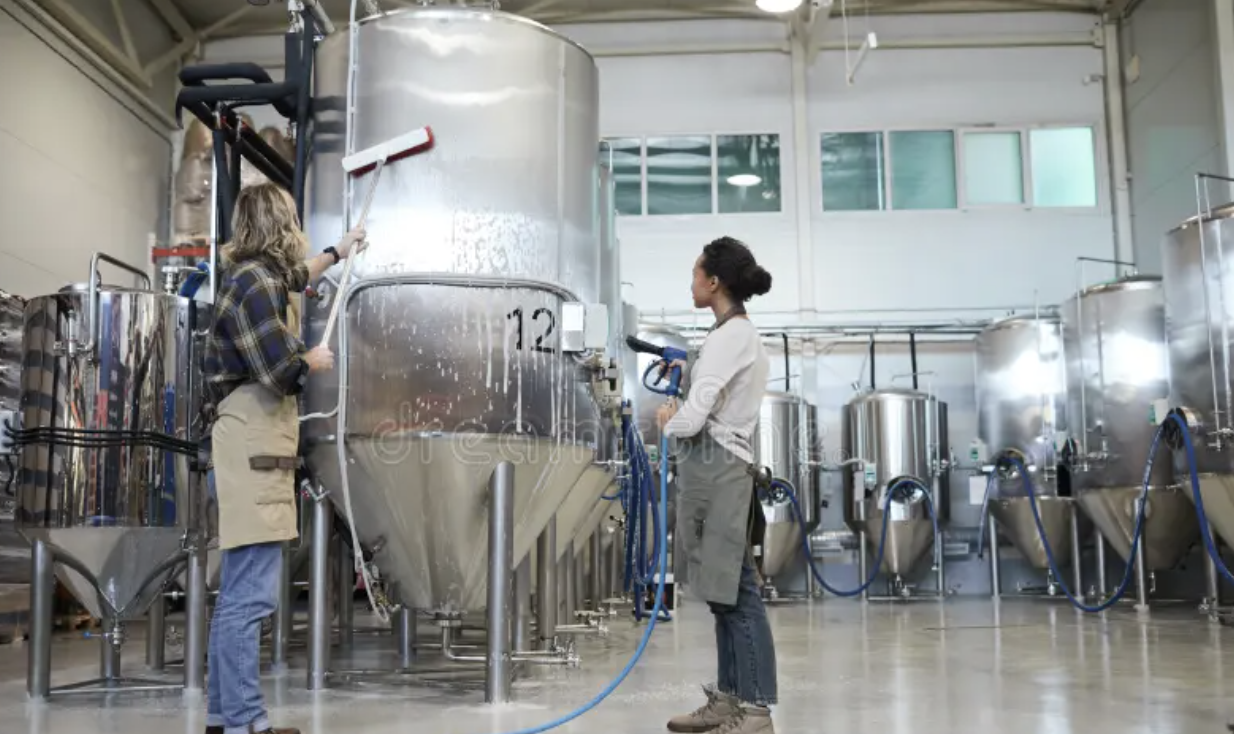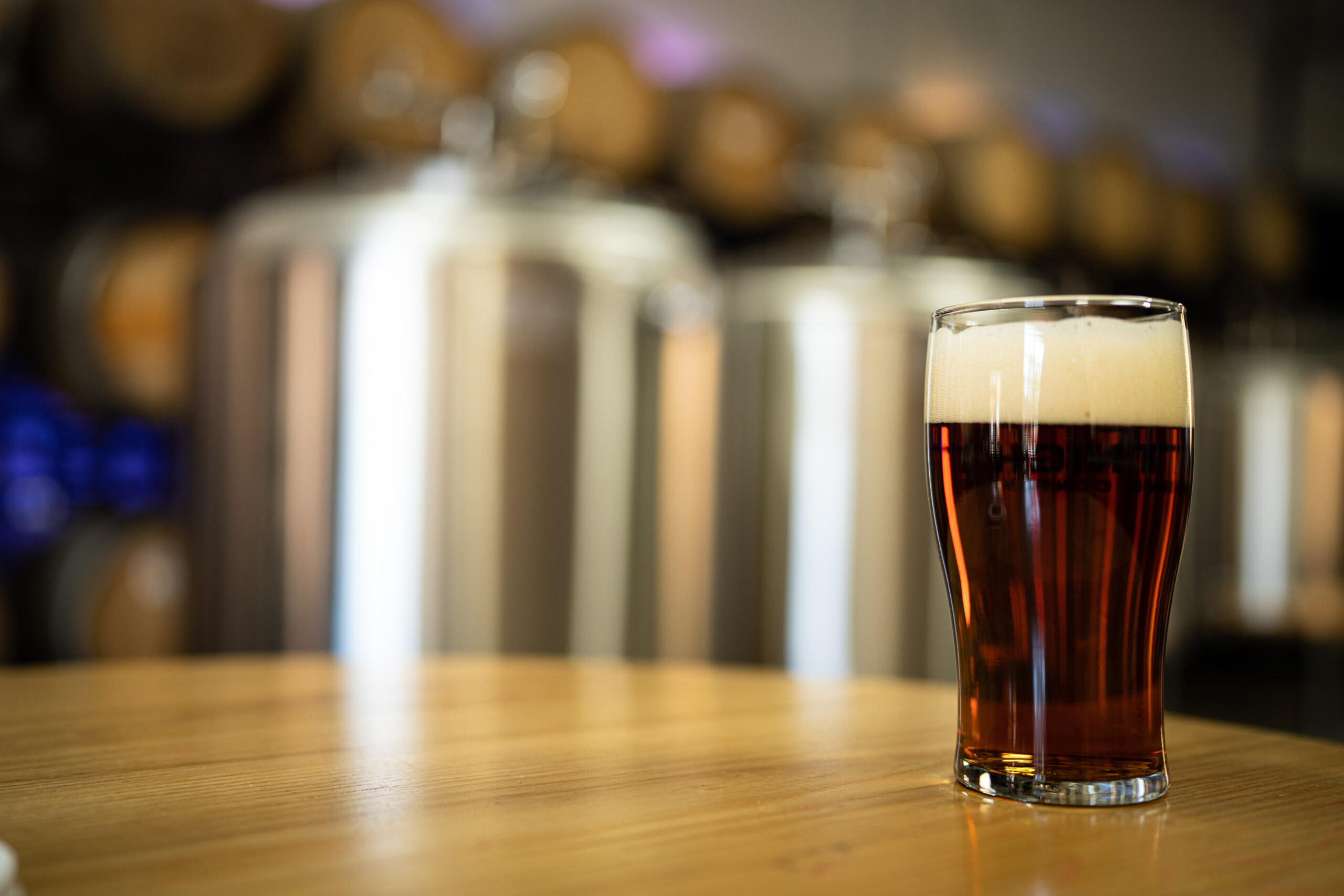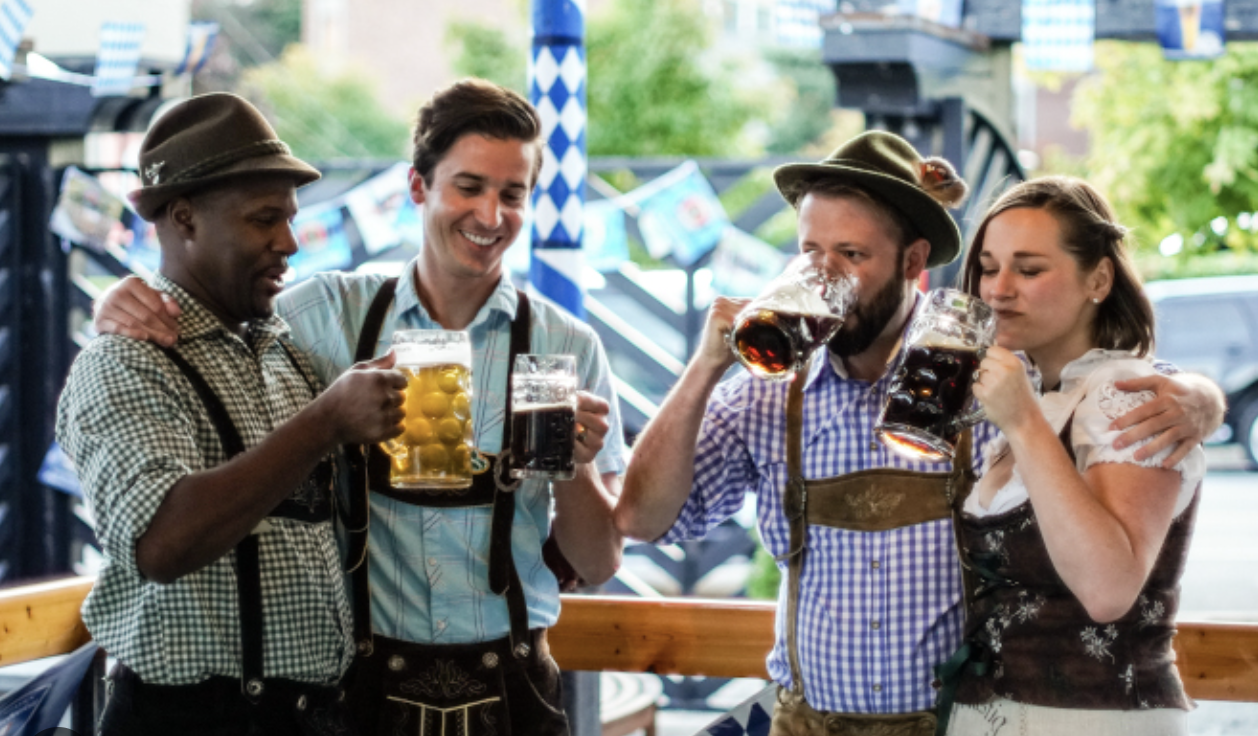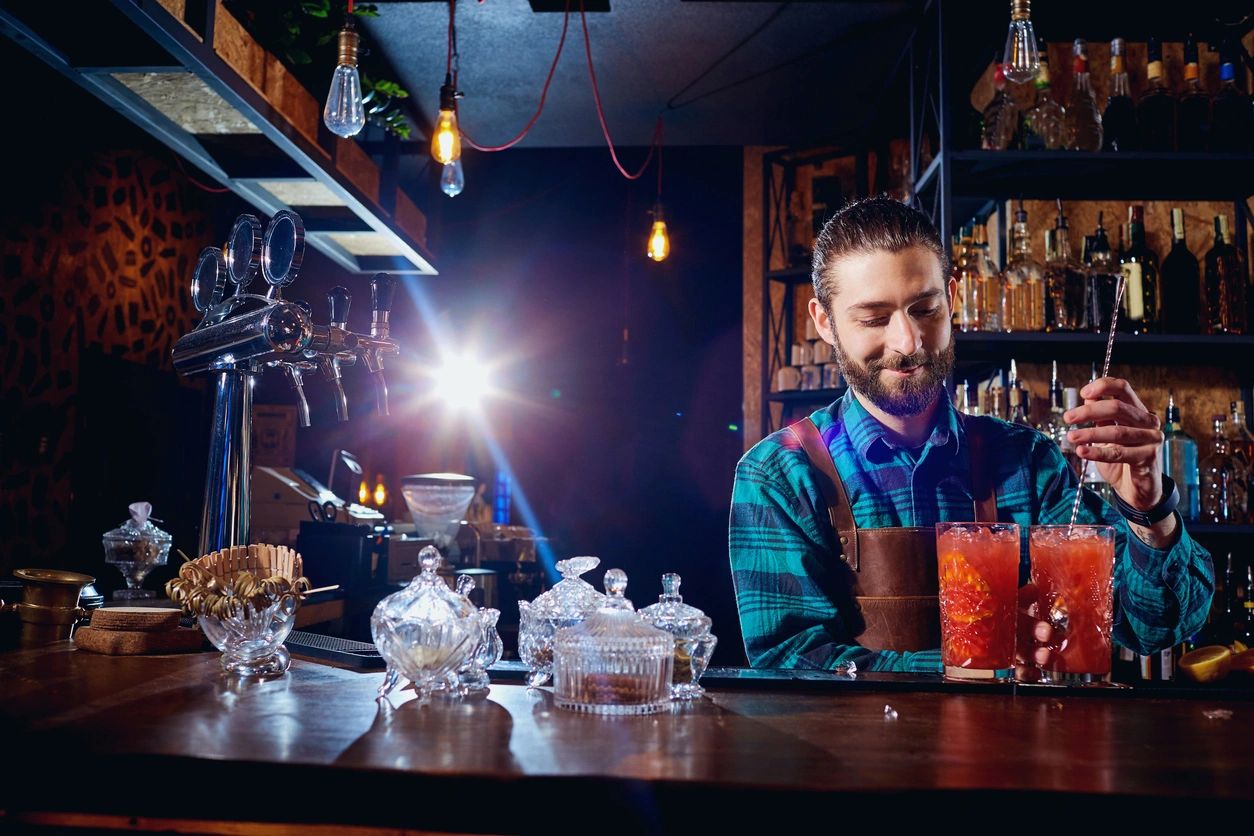The Art of Proper Server Training: Enhancing the Beer Serving Experience
Introduction:
Serving beer is an art that goes beyond just pouring a drink into a glass. Whether you run a bar, pub, or restaurant, having properly trained servers is essential for providing an exceptional beer drinking experience to your customers. From understanding different beer styles to perfecting pouring techniques and maintaining quality, server training plays a pivotal role in ensuring customer satisfaction and enhancing your establishment’s reputation. In this blog post, we will delve into the key aspects of proper server training when it comes to serving beer and how it can elevate the overall beer drinking experience.
1. Knowledge of Beer Styles and Flavors:
A well-trained server should have a solid foundation in beer knowledge. This includes understanding various beer styles, their characteristics, and flavor profiles. Key training areas should include:
- Beer Styles: Servers should be familiar with popular beer styles such as lagers, ales, stouts, IPAs, and more. They should know the differences between them and be able to guide customers in selecting the right beer based on their preferences.
- Flavor Profiles: A good understanding of flavor profiles, such as hoppy, malty, fruity, or bitter, helps servers make appropriate recommendations and engage in meaningful discussions about beer choices.
2. Proper Beer Serving Techniques:
Pouring a beer properly enhances its aroma, appearance, and taste. Server training should emphasize the following techniques:
- Glassware Selection: Servers should know which glassware is appropriate for different beer styles. The right glass enhances the beer’s presentation and can even influence the drinking experience.
- Correct Pouring Angle and Technique: A proper pouring technique involves tilting the glass at an angle and gradually straightening it as the beer fills to avoid excessive foam. Servers should be trained to pour consistently to achieve an optimal head and prevent wastage.
- Temperature Considerations: Properly trained servers should understand the importance of serving beer at the correct temperature. Different beer styles have specific temperature recommendations, and servers should be knowledgeable about these guidelines.
3. Quality Control and Maintenance:
Maintaining beer quality is crucial to delivering a great experience. Server training should cover the following aspects:
- Proper Glassware Handling: Servers must be trained to handle glassware carefully, avoiding any potential contamination or damage that could affect the beer’s taste and appearance.
- Cleanliness and Sanitization: Maintaining clean draft lines, taps, and kegs is essential to prevent off-flavors or spoilage. Servers should be educated on the importance of regular cleaning and sanitization procedures.
- Beer Storage and Rotation: Understanding the proper storage conditions, including temperature and light exposure, is vital for preserving the quality and freshness of beer. Servers should also be trained in proper rotation practices to ensure older stock is used first.
4. Beer and Food Pairing Knowledge:
Beer and food pairing can elevate the dining experience. Servers should be trained to offer recommendations based on flavor profiles and assist customers in choosing the right beer to complement their food choices. Training should include:
- Understanding Flavor Combinations: Servers should have a basic knowledge of how beer flavors interact with different types of food. This enables them to suggest harmonious pairings that enhance both the beer and the culinary experience
- Menu Familiarity: Servers should be well-versed in the restaurant’s menu, including its flavors, ingredients, and preparation techniques. This knowledge allows them to make informed beer-pairing suggestions and create memorable dining experiences.
5. Effective Communication and Customer Service:
Exceptional customer service is at the core of proper server training. Key training elements include:
- Active Listening: Servers should be trained to actively listen to customers’ preferences, questions, and concerns. By understanding their needs, servers can provide personalized recommendations and create a positive rapport.
- Clear and Engaging Communication: Servers should be able to explain beer selections, pouring techniques, and food pairings in a clear and engaging manner. They should use descriptive language to help customers envision the flavors and characteristics of different beers.
- Responsiveness and Problem Resolution: Properly trained servers should be equipped with problem-solving skills and empowered to handle any customer concerns or complaints efficiently and professionally.
6. Proper Identification:
- Serving alcohol responsibly and ensuring age verification are crucial aspects of the service industry, particularly when it comes to serving beer. It is of utmost importance for servers to adhere to legal age limits and prevent over-serving customers. Properly trained servers understand the significant role they play in maintaining a safe and responsible drinking environment. By diligently checking identification cards and verifying the legal drinking age of patrons, servers can prevent underage drinking and the potential consequences it may have.
- Additionally, responsible serving practices involve monitoring customers’ alcohol consumption to avoid over-serving and potential intoxication. This not only promotes the safety and well-being of customers but also upholds the establishment’s reputation and legal compliance. By prioritizing responsible service, servers contribute to a positive and secure drinking culture while protecting both customers and the integrity of the establishment.
Conclusion:
Proper server training is an essential investment for any establishment serving beer. Equipping servers with knowledge about beer styles, pouring techniques, quality control, beer and food pairing, and effective customer service ensures an outstanding beer-drinking experience for customers. By focusing on these training areas, you can create a knowledgeable and passionate team of servers who enhance the overall ambiance and reputation of your establishment, ultimately driving customer satisfaction and loyalty. Cheers to serving beer with excellence!


